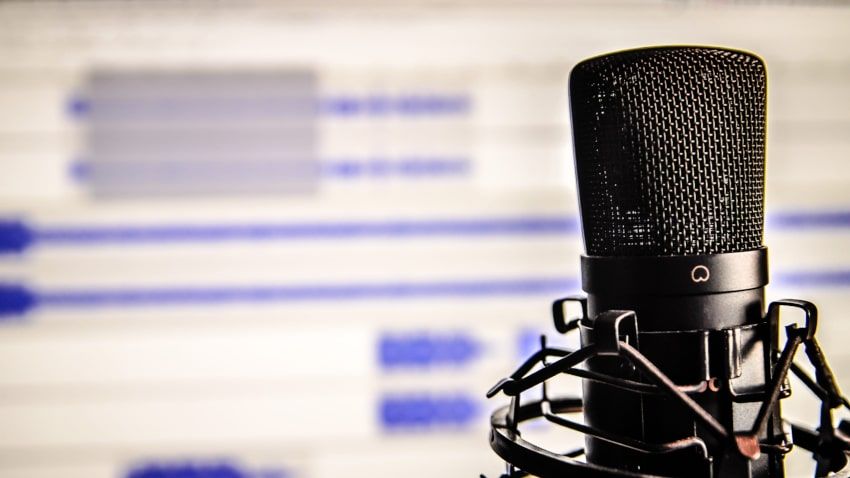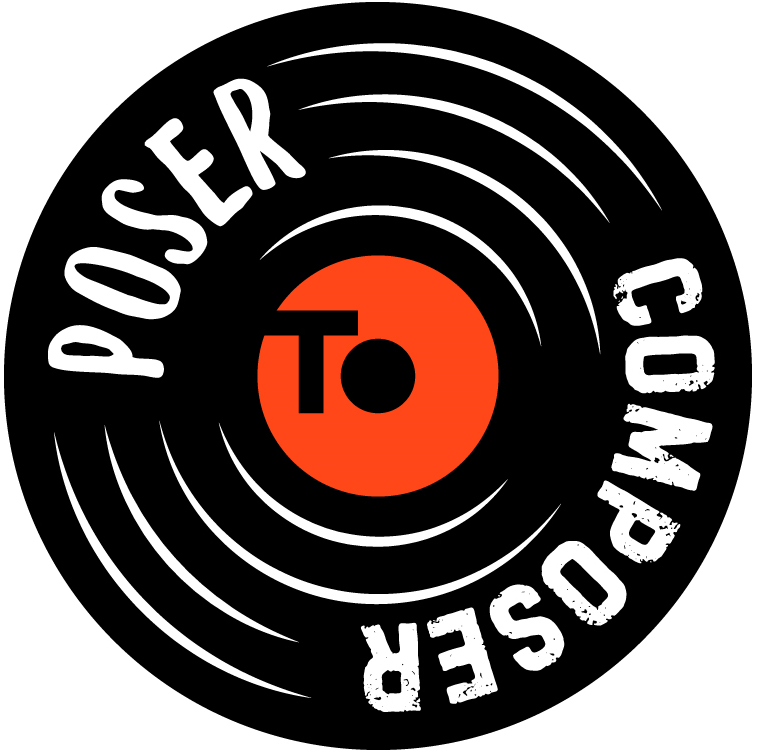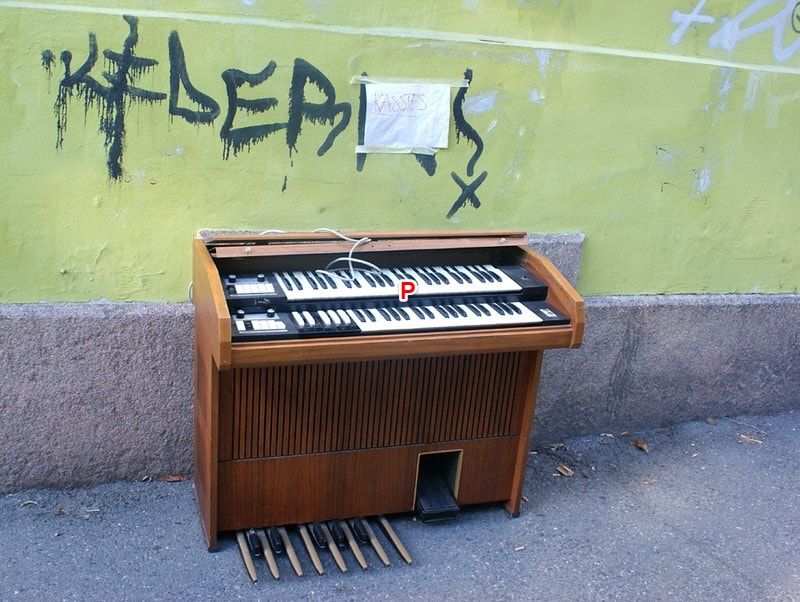
Since starting Poseur to Composer it's occurred to me just how important hymns are in my life. Music is a tool (and a gift from God), but what we do with this tool, this gift, can make all the difference. Hymns heal and give hope for a better day, something this increasingly turbulent world needs.
So I decided to start a internet radio station for hymns, called Hymns.fm. At this point I'm fully invested in sharing the power of hymns to as many people as possible. You can listen for free 24/7/365.
I also want to sight-sing hymns, mainly for two reasons: First is to continue learning music theory so I can eventually compose music, and secondly, to assess hymns for inclusion to the radio station. Today I opened a hymnal to sing the first hymn and immediately had to look up the key signature (I never memorized them). Then I saw that the hymn is 12/8 time and realized I merely glossed over the topic of rhythm and time signatures. Time to buckle down and actually learn this stuff!
I tried to sing the notes on the page anyway and, well, my pitch was way off. I'm not hitting the notes. Another quick internet search says I need to learn solfège? The rabbit hole gets deeper and deeper.
So it seems there are a few skills I need to level-up on before I'm ready to tackle sight-singing again. Question is, where do I start first?

